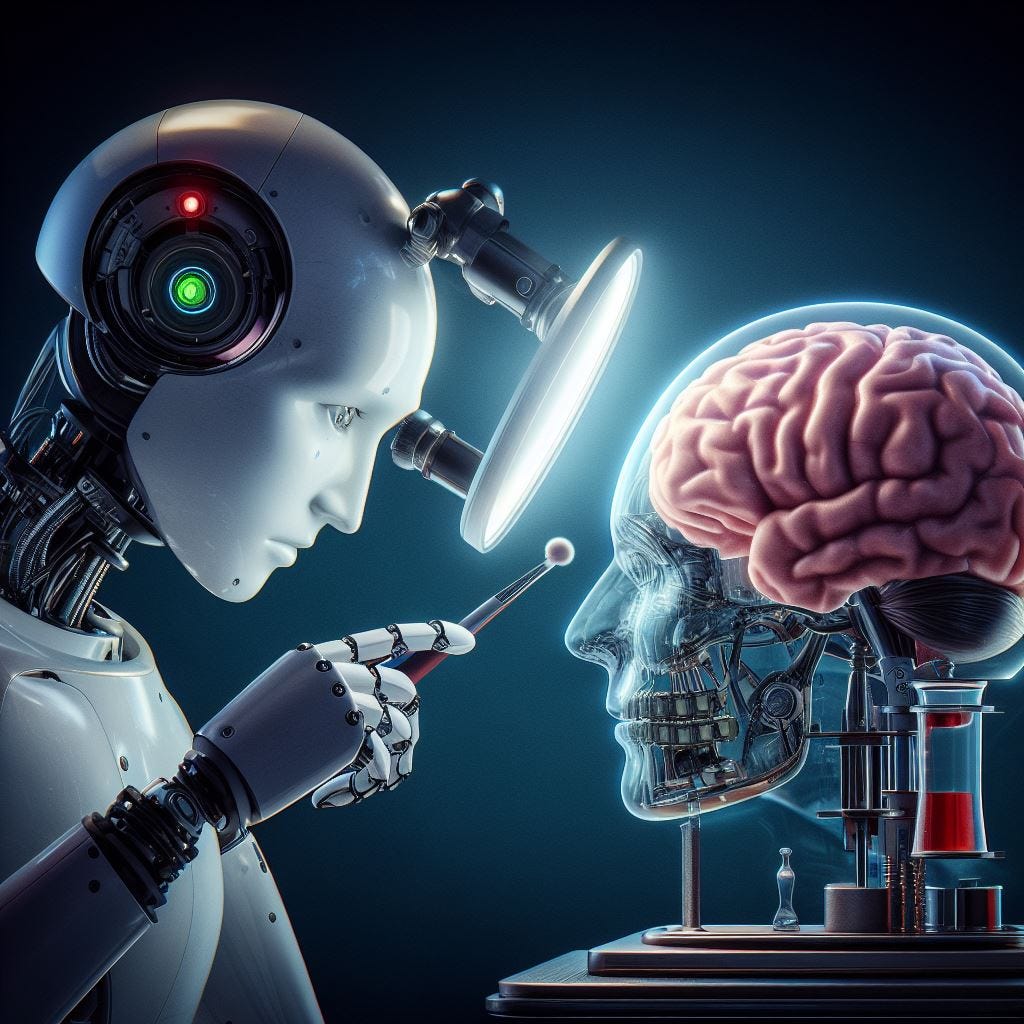The science of (artificial) intelligence
By Herbert Roitblat
Two current approaches to the computer science of artificial intelligence are, in my opinion, barriers to the development of artificial general intelligence. The first is the push for formal mathematical expression and algorithms. The second is the focus on leaderboards—the list of projects and their scores on defined problems.
The fixation on formalism is reminiscent of the logical positivists who tried to rid science of intellectual sloppiness. They argued that all scientific statements could/should be reduced to observation statements: “This is what I saw,” and logical deductions from those statements. Logical positivism failed for a number of reasons (See Kuhn’s 1970 The Structure of Scientific Revolutions, Lakatos & Musgrave, 1965 Criticism and the Growth of Knowledge). Although mathematical formalisms have a role to play, they also reflect the position that formal algorithms are enough to generate artificial general intelligence.
The focus on leaderboard success is a recognition that computers do not have to solve problems in the same way that humans do. For example, tree traversal algorithms are competitive with the best chess players, the computer does not have to know human psychology. The focus is on being at the top of a leaderboard, sometimes by only a fraction of a percentage point, But on the other hand, it reflects the position that the behavior of models is all there is, or at least all that matters.


